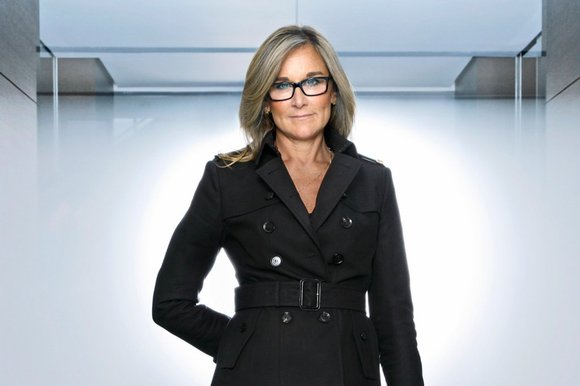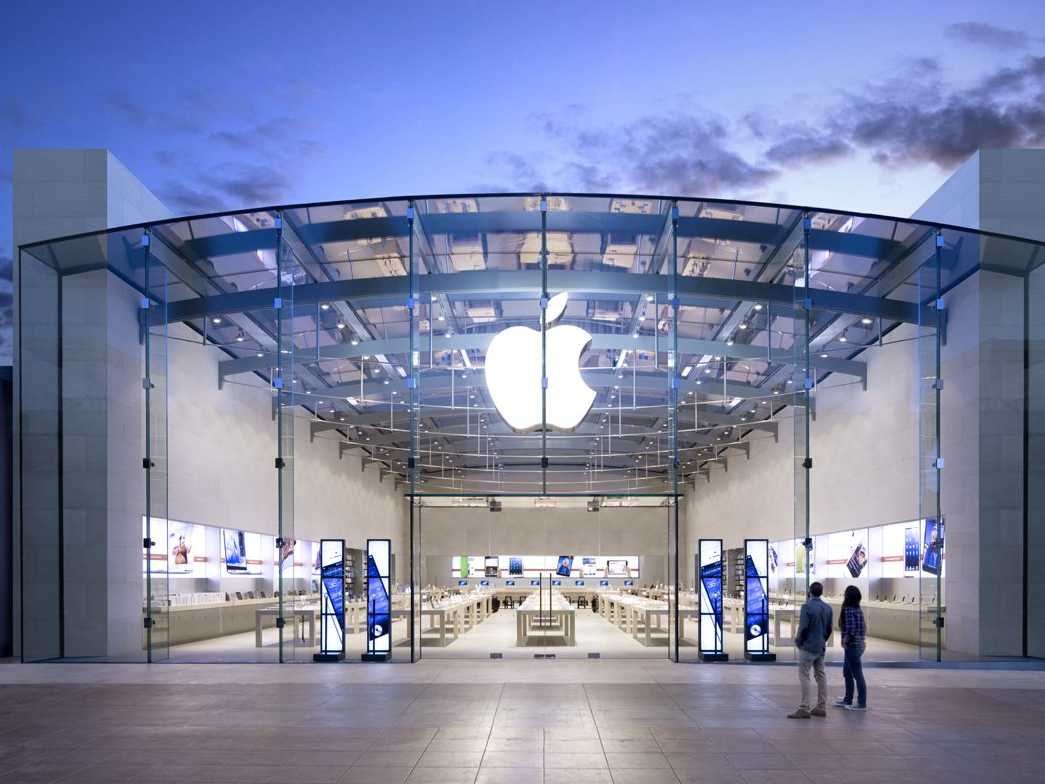
From Apple to Tesla and Nissan, luxury executives are being poached to add their Midas Touch to a raft of aspiring brands. Here, we examine the end game of this emerging trend.
From Apple to Tesla and Nissan, luxury executives are being poached to add their Midas Touch to a raft of aspiring brands. Here, we examine the end game of this emerging trend.
In January this year, former BMW senior executive Roland Krueger took the helm of Infiniti, Nissan Motor Corp’s luxury unit, with a mandate to spruce up the brand and accelerate its new ambition – to establish itself in the luxury sector.
In his new role, Krueger will report to Nissan CEO Carlos Ghosn, who clearly holds him – and his ability to turn the marque around in a critical time – in high regard.
In a media statement last year as the news broke that Nissan had pinched Krueger from his post at BMW, Ghosn said:
“Roland Krueger has a consistent record of high performance in the premium automotive sector. He brings unique leadership skills that will accelerate Infiniti’s progress in the global premium market.”
Clearly, Ghosn believes he recruited the right man for the job – but he is not alone in his instincts to tap talent from the higher echelons.
“ Tesla’s hire marks another executive departure from British luxury brand Burberry’s ranks ”
Just last month, game-changer Tesla announced that it had hired Burberry executive Ganesh Srivats to serve as vice president for North American sales, as it also looks to extend its reach in the luxury sector.
While Tesla’s ambitions to tap the luxury sector have hardly been veiled, this new strategic move signals a new chapter for the business and is widely expected to propel the car maker to new heights – no pun intended.
Tesla’s hire marks another executive departure from British luxury brand Burberry’s ranks – after tech behemoth Apple swooped in circa 2013 to nab former Burberry CEO Angela Ahrendts to oversee its global retail operations.
It was not the first time Apple had forayed into the heart of luxury fashion to draw out some of its best talent.
That same year, media reports confirmed that Apple had claimed another luxury head – this time, former Yves Saint Laurent CEO Paul Deneve, lured to their Special Projects division to add his enviable experience to a new fold.
The year after that, as the Apple Watch buzz exploded, luxury giant LVMH was hit when Apple poached Tag Heuer vice president for sales Patrick Pruniaux to leverage his seven years in the field working for the reputed luxury leader.

Angela Ahrendts, former Burberry CEO
While the motive behind such hires may be as simple as wanting an expert in the field, one has to wonder why a brand such as Apple, which has traditionally promoted from within, is now broadening its scope and seems to be targeting the luxury sector.
There’s more to it than meets the eye, according to Mathew Dixon, co-director at international recruitment firm Hudson Walker, which specializes in luxury executive search services.
Commenting on the trend exclusively to Luxury Society, he says the phenomenon is symptomatic of another, much bigger change, which is looming on what we have traditionally tagged as ‘luxury’.
“The word luxury has become a generic and meaningless term. Walk into any supermarket and you can buy luxury biscuits or luxury toilet tissue. It is a reaction to consumers paying greater attention to detail in every aspect of their life from the provenience of the food they eat, to the clothes they wear, to thread count of the sheets they sleep on,” he explains.
“Brands in every sector are realising that they need to engage in a meaningful way with consumers. The hiring trend of luxury executives crossing sectors is a reaction to brands understanding this. The consumer demand started the trend and the executives are capitalising on it and making it profitable for brands.”
“ Luxury executives demonstrate how to engage with consumer lifestyles and create passion ”
Moreover, he adds that while luxury has always reigned supreme on exclusivity, heritage and aspiration – other brands are now looking to replicate those same strengths to their advantage.
“Other sectors are watching how luxury executives market products that consumers don’t necessarily need, but instead desire. They create strong emotional connections between the customer and their products in a way that brands from other sectors couldn’t achieve.
“But Apple and Tesla have since achieved similar status and kudos in industries that were traditionally driven by tangible values of price and function. Luxury executives demonstrate how to engage with consumer lifestyles and create passion and aspiration about product ranges,” he says.
But the plot thickens. While these aforementioned brands have being hiring from within luxury circles, luxury brands have retaliated of late and also begun recruiting in the opposite direction.
“ We have seen increased recruitment of executives from the mass market ”
Following the departure of Infiniti president Johan de Nysschen, who left last July to join General Motors Co.’s Cadillac division, Nissan lost long time executive and Infiniti chairman Andy Palmer, who parted ways with the firm to join Aston Martin Lagonda Ltd as its chief executive.
Yoox Group, fresh from its merger with luxury etail empire Net-a-Porter is also a good example of bucking the trend, having recently appointed Walmart’s Alex Alexander as its chief information officer.
Dixon puts this counter-trend partly down to increasing corporate pressures on thriving luxury operations.
“The pressure to increase year-on-year sales within the luxury sector is greater than ever. More and more brands have completed IPOs meaning they face shareholder demands to expand. To make this happen, brands look to diversify and increase the volume of goods they sell. To manage this increased volume we have seen increased recruitment of executives from the mass market to establish systems and suppliers capable of managing this increased level of product.
“We have seen this particularly within sourcing, logistics and supply chain roles. A more direct link between talent shortage and hiring executives from outside the sector is within digital and e-commerce. This is an area that luxury brands execute poorly. Bringing in leaders such as Alex Alexander makes complete sense and his knowledge will certainly invigorate the teams he manages,” Dixon adds.

Apple’s store in Santa Monica, California
His theory isn’t too hard to believe, given that brand strategist Jean-Noël Kapferer recently attested to the same rising expectations for public luxury brands to bring in the dollars on a rapidly increasing scale.
As Kapferer noted: “Now, in luxury, a lot of people want to buy shares of what they see as this ‘golden egg’ and expect return on their investment. They say: “Okay what’s going on, how much will you make next year?
“As long as you remain a family company, like Chanel, you can resist. But long term is only possible when you remain independent, and it is difficult to remain independent when you are publicly owned,” he said.
“I don’t think it’s a problem, but there will be segmentation, there will be brands which are accessible luxury, and there is nothing wrong in it, but there are others which will say: “We will limit volume, but increase value.”
Indeed, the times are changing and brands on both sides are aware that talent is an invaluable tool, which will clearly play a large part in the outcome as brands from all echelons forge their way through to new territory in an evolving landscape.
To further investigate luxury recruitment, HR and talent on Luxury Society, we invite your to explore the related materials as follows:
- The Luxury Industry CEOs of the Future: SILK Search
- Matching a DNA profile to Gucci Group
- Richemont’s patient quest for true believers

